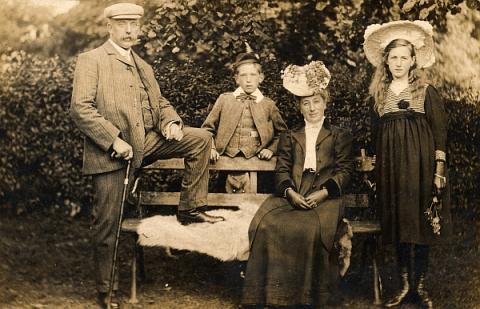Wealthy families obey economics rather than evolution
Anna Goodman of the London School of Hygiene and Tropical Medicine and colleagues, have now found some evidence in Swedish family records that supports this idea. The team studied the data gathered on 14,000 people born between 1915 and 1929. The records include details of their children, grandchildren and great-grandchildren.
As expected, wealthy parents had fewer children, and those children tended to maintain the high socioeconomic status of their parents. But the study confirmed that this phenomenon continued down the family line: even after four generations, families that had been wealthy in 1915 were still producing fewer children.
Evolutionarily, the model might only apply in safe countries like Sweden, which has one of the longest life expectancies in the world, says James Boone of the University of New Mexico in Albuquerque. "Wage-labour economies underwritten by fossil fuel technology are a lot more 'disaster proof' than pre-industrial forager and agricultural economies."
Monique Borgerhoff Mulder at the University of California, Davis, agrees. In unstable societies, she says, wealthy families risk disappearing if they are not able to buy their way out of social turmoil. In that situation, having a larger family might be more advantageous.
By Sara Reardon

